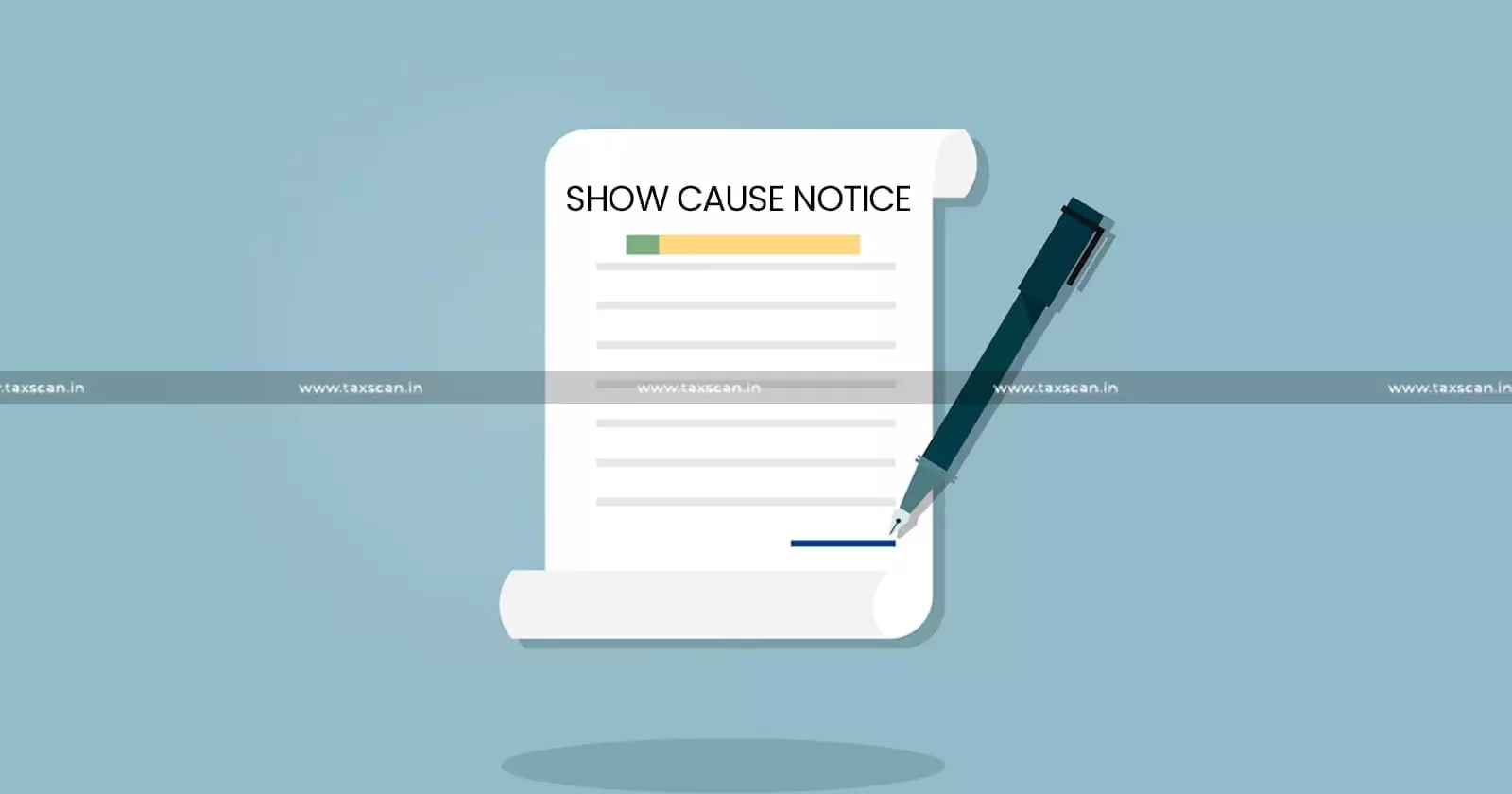Professional Fees Disallowance: ITAT Deletes ₹27 Lakh Addition, Rules Mere Unserved Notices u/s 133(6) Insufficient for Disallowance [Read Order]
The Tribunal deleted the Rs. 27 lakh disallowance of professional fees, finding that the assessee discharged its onus with confirmations, bank statements, ITRs, and auditor certificates, and the AO could not question business expediency without rejecting books of account.
![Professional Fees Disallowance: ITAT Deletes ₹27 Lakh Addition, Rules Mere Unserved Notices u/s 133(6) Insufficient for Disallowance [Read Order] Professional Fees Disallowance: ITAT Deletes ₹27 Lakh Addition, Rules Mere Unserved Notices u/s 133(6) Insufficient for Disallowance [Read Order]](https://images.taxscan.in/h-upload/2025/07/28/2069878-insufficient-disallowance-itat-taxscan.webp)
The Jaipur Bench of the Income Tax Appellate Tribunal (ITAT) deleted the disallowance of professional fees amounting to Rs. 27,00,000 and ruled that mere return of notices under Section 133(6) as unserved does not warrant disallowance without concrete adverse findings.
Devika Buildestate Private Limited (assessee), engaged in real estate business as a land consolidator, filed return of income for Assessment Year (AY) 2012-13 on 30.09.2012, declaring a loss of Rs. 21,07,865.
The case was selected for scrutiny and during assessment, the Assessing Officer (AO) noticed professional fees of Rs. 27,00,000 paid to three entities Nimbus Industries Limited, M/s Arena Trading (P) Ltd, and M/s Hetu Investment & Trading Limited for land development services, at Rs. 9,00,000 each.
Comprehensive Guide of Law and Procedure for Filing of Income Tax Appeals, Click Here
 Also Read:Addition u/s 69C for Alleged Bogus Purchases: ITAT Restricts Disallowance to 8% Citing Accepted Sales and Audited Records [Read Order]
Also Read:Addition u/s 69C for Alleged Bogus Purchases: ITAT Restricts Disallowance to 8% Citing Accepted Sales and Audited Records [Read Order]
The AO disallowed the entire amount, deeming it unrealistic and excessive constituting 20% of turnover, and noting that notices to the payees returned unserved with remarks like "not found" or "unclaimed."
The AO held that the nature of services was vaguely described as "land development charges," and mere TDS deduction and banking channel payments did not prove genuineness. Aggrieved by the AO’s order, the assessee appealed to the Commissioner of Income Tax (Appeals) [CIT(A)].
The assessee submitted confirmations from the payees, bank statements showing receipts, ITR-V copies, audited financial statements, and statutory auditor certificates for two payees. The CIT(A) upheld the disallowance observing that services were not clearly defined, lacked tangible evidence, and unserved notices raised doubts.
Aggrieved by the CIT(A)’s order, the assessee appealed to the ITAT. The assessee’s counsel argued that comprehensive evidence was furnished, including confirmations on official letterheads, and the payees (corporate entities) had accounted for the income in their returns.
Understanding Common Mode of Tax Evasion with Practical Scenarios, Click Here
The counsel contended that non-service of Section 133(6) notices due to reasons beyond the assessee’s control could not invalidate the claim, especially without rejecting books of account under Section 145(3) of the Income Tax Act.
The two-member bench, comprising Dr. S. Seethalakshmi (Judicial Member) and Rathod Kamlesh Jayantbhai (Accountant Member), observed that the assessee had discharged its onus by providing unchallenged documentary evidence, including confirmations, bank records, and auditor certificates, with no discrepancies pointed out.
The bench noted that the payees were established corporate entities, and the income was reflected in their returns, preventing double taxation. The bench held that mere unserved notices under Section 133(6) do not render transactions bogus, as the assessee cannot control third-party responses, and the AO failed to bring adverse material on record.
Step by Step Guidance for Tax Audit & E-filing, Click Here
 Also Read:Assessee Denied Minimum time of 7 Days to Respond to Income Tax SCN: Telangana HC Quashes Assessment for Violating CBDT SOP [Read Order]
Also Read:Assessee Denied Minimum time of 7 Days to Respond to Income Tax SCN: Telangana HC Quashes Assessment for Violating CBDT SOP [Read Order]
The tribunal ruled that the AO could not compare fees to turnover or question business necessity without rejecting books, citing S.A. Builders Ltd. v. CIT and CIT v. Dalmia Cement (Bharat) Ltd. The bench deleted the Rs. 27,00,000 addition made by the AO. The appeal of the assessee was allowed.
Support our journalism by subscribing to Taxscanpremium. Follow us on Telegram for quick updates


